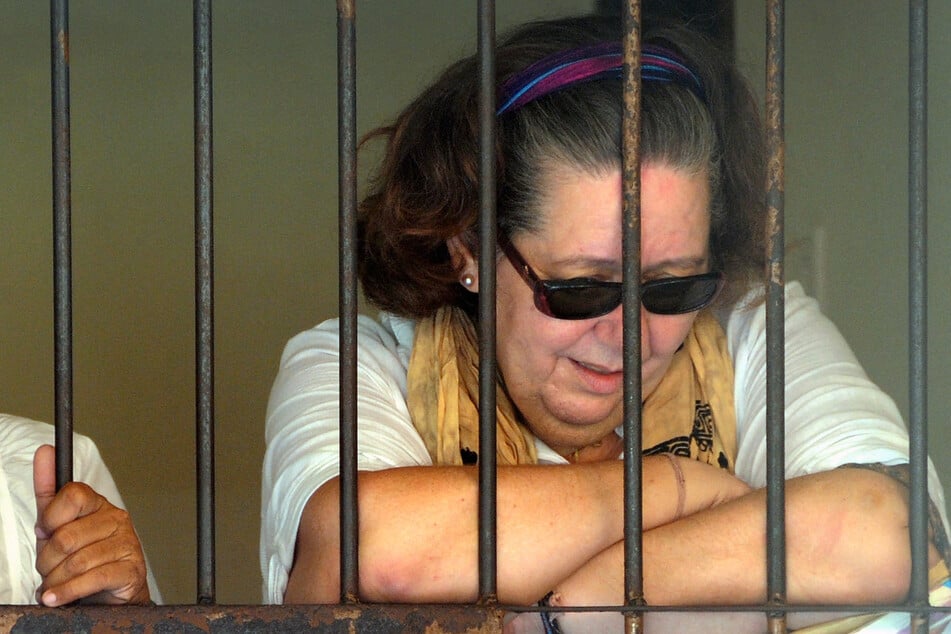
Introduction: The Importance of the Jury
The jury is a cornerstone of the legal system in many countries, representing society’s voice in the judicial process. It plays a critical role in ensuring fair trials and is integral to maintaining public confidence in the justice system. As legal practices evolve, the role of the jury continues to spark debate regarding its efficacy, biases, and relevance in today’s society.
Historical Context and Current Relevance
The concept of a jury dates back to the twelfth century in England, evolving into a system where citizens would weigh evidence and determine the fate of their peers. In the United Kingdom, juries are typically involved in serious criminal cases and some civil cases. This system is designed to uphold the principle of being judged by one’s peers. Recent high-profile trials have reignited discussions about the jury’s effectiveness and the influence of media coverage and public opinion on jury decisions.
Recent Developments
Recent court cases have highlighted both the strengths and weaknesses of juries. For instance, controversies surrounding jury compositions and potential biases have emerged in various trials. The introduction of technology in courtrooms, including virtual summons and evidence presentation, has changed how juries engage with cases. Furthermore, statistics indicate a growing trend towards jury trials in certain types of cases, suggesting a renewed confidence in this judicial practice.
The Future of the Jury System
While the jury system has faced criticism, including concerns over juror competence and decision-making processes, it remains a fundamental aspect of the judiciary. Experts suggest that reforms, such as improved juror education and the implementation of clearer guidelines for jury conduct, could enhance the functionality of juries. Additionally, evolving societal norms and values around diversity and representation are prompting discussions about how juries can become more inclusive.
Conclusion
The jury continues to be a crucial element of the legal landscape, symbolising the community’s involvement in the justice process. As legal systems adapt to modern challenges, the jury’s role remains under scrutiny. Efforts to reform and innovate within the system may provide opportunities for it to thrive in a future that values fairness and accountability in the judiciary. Ultimately, the jury’s ability to reflect societal values and judgements will dictate its significance in the years to come.
You may also like

Understanding the International Court of Justice

The Lindsay Sandiford Case: A Deep Dive into Legal Controversies
